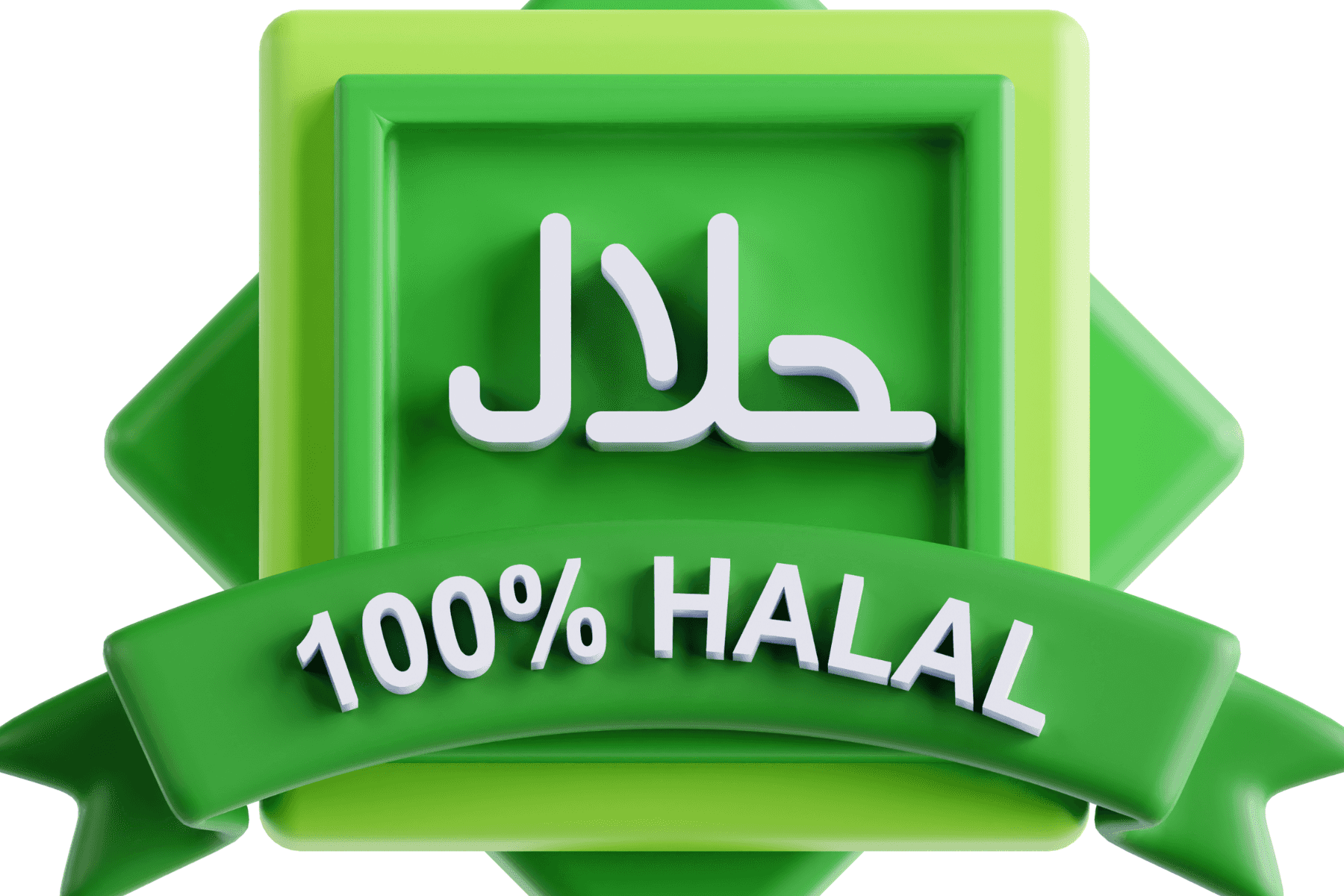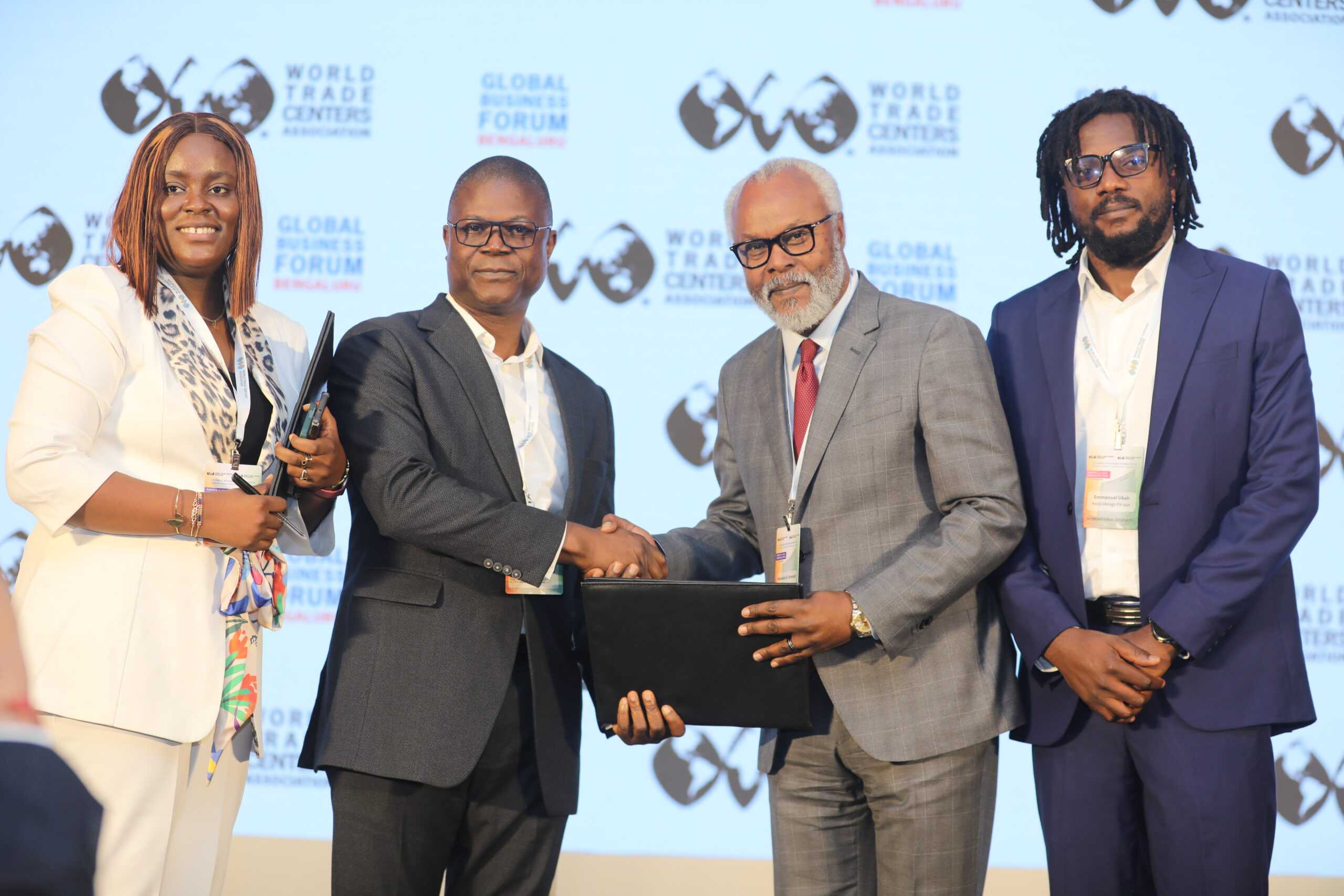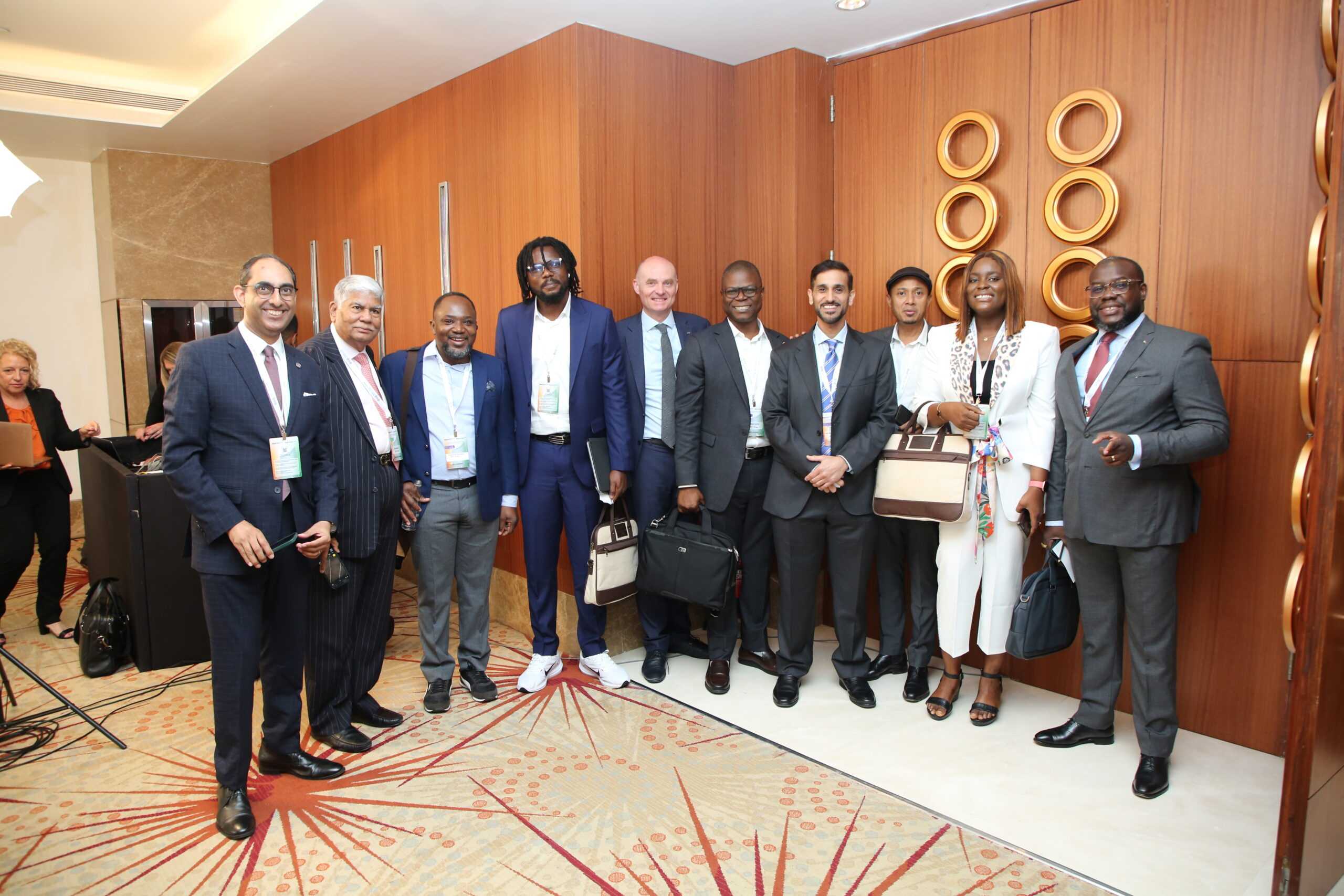
STRENGTHENING THE NIGERIA HALAL ECOSYSTEM: A PATH TO ECONOMIC GROWTH AND INCLUSIVITY
The concept of Halal, meaning “permissible” or “lawful” in Arabic, goes beyond just dietary restrictions. It encompasses various aspects of life, including food, finance, and lifestyle choices. In Nigeria, a country with a diverse religious and cultural landscape, the Halal industry presents a unique opportunity for economic growth and inclusivity (Khan MI, et al., 2016). This article explores the potential of strengthening the Nigeria Halal ecosystem and its benefits.
Nigeria is a nation with a significant Muslim population, making the demand for Halal products and services substantial. However, the Halal industry in Nigeria faces various challenges, including a lack of standardized certification processes, limited awareness among businesses, and insufficient infrastructure for Halal production and distribution.

WTC Abuja was honored to have been part of the Halal Expo Nigeria 2023, held at Landmark Event Center, Lagos on the 29th – 31st August 2023. This Expo witnessed the presence of key experts in the Trade Industry, prominent trade analysts and Organisations such as Prince Adetokunbo Kayode, SAN, Chairman, Afrexpo, Engineer Ashraf El Tanbouly, CEO of Islamic Chamber Halal Services (ICHS), Prof. Ibrahim Oreagba, President of Halal Certification Authority (HCA),– Alhja. Moji Hasfat, CEO Halal Standard Development (HASDAT), Mal. Dalhatu Abubakar, FCICN, President of the Coalition of the Northern States Chambers of Commerce, Industry, Mines and Agriculture (CONSCCIMA), H.E Mr. Ihsan OVUT, Secretary-General, The Standard Metrology Institute for Islamic Countries (SMIIC), H. E Sheikh Yousef Khalawi, the Secretary-General, The Islamic Chamber of Commerce, Industry and Agriculture (ICCIA) and the representative of the Federal Ministry of Trade and Investment who beautifully symbolized the unity in diversity, gathering individuals from various backgrounds to celebrate the richness of Halal culture.

As organized by Afrexpo, it was a reminder that at our core, we share common values of respect, compassion, and an aspiration for a more sustainable future by fostering business relationships among industry leaders and decision-makers. From fashion to food, cosmetics to finance, the Halal sector is flourishing and evolving into a significant contributor to the global economy.
Amid this remarkable economic expansion of the Halal Market, it is imperative that we take concerted steps towards ensuring the quality control of products to strengthen the Nigerian Halal market. Some of which are:
ESTABLISH A HALAL CERTIFICATION AUTHORITY: One of the primary challenges is the absence of a unified Halal certification body in Nigeria. Establishing a standardized certification process for Halal products and services is crucial. This not only ensures compliance with Islamic dietary laws but builds trust among consumers. A national body responsible for certifying Halal products and services, needs to be created to ensure products meets Islamic dietary and ethical standards.
PROMOTE EDUCATION AND AWARENESS: Many businesses in Nigeria are unaware of the potential of the Halal market. Raising awareness about the economic benefits of producing Halal goods can encourage more companies to enter this industry. There is a need for more awareness campaigns and training programs for businesses and consumers about the benefits of Halal products.
INVEST IN INFRASTRUCTURE: To strengthen the Halal ecosystem, investments are needed in infrastructure for production, processing, and distribution of Halal products. This includes facilities for Halal slaughter, food processing, and logistics. With public and private investments in Halal infrastructure, including modern slaughterhouses, food processing plants, and distribution networks, the Nigerian Halal Eco-system is set to scale up to the global standard.
ENCOURAGE RESEARCH AND INNOVATION: The need to support research and innovation in Halal production techniques, ensuring high-quality and competitive products. (World Halal Forum, 2009)

BENEFITS OF STRENGTHENING THE NIGERIA HALAL ECOSYSTEM
Nigeria presents several opportunities for investment and growth of Halal Products. Fortunately, there are numerous commendable organizations taking monumental strides towards this goal with a solution-driven approach, ensuring that our built environments and spaces offer high-quality Halal products that enhance competitiveness. Regardless, we have highlighted some of the exciting benefits the Halal market has to offer:
ECONOMIC GROWTH: A robust Halal ecosystem can contribute significantly to Nigeria’s economy. It can create jobs, stimulate investment, and boost exports of Halal products to international markets.
INCLUSIVITY: Strengthening the Halal industry promotes inclusivity by accommodating the dietary and lifestyle preferences of Muslim consumers. This inclusivity extends to non-Muslims who also seek Halal-certified products for their quality and safety assurances.
INTERNATIONAL TRADE: With a well-established Halal ecosystem, Nigeria can tap into the global Halal market, which is valued at trillions of dollars. This opens doors to export opportunities and foreign exchange earnings.
TOURISM: Nigeria’s vibrant Halal ecosystem can attract Muslim tourists and investors, further boosting the nation’s tourism sector. (Halal Journal, 2010)
Strengthening the Nigeria Halal ecosystem is not just a matter of meeting religious dietary requirements, it is a strategic move towards economic growth, inclusivity, and international trade. By seizing the opportunities presented by the Halal industry, Nigeria can tap into a thriving global market while serving the diverse needs of its population. This path promises economic prosperity, job creation, and a more inclusive society for all Nigerians. (Musalmah, J., 2005).

